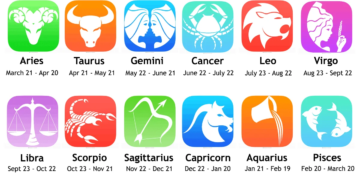WASHINGTON (news agencies) — The United Nations climate summit in Dubai was wrapping up last month when John Kerry went to a meeting with his Chinese counterpart Xie Zhenhua only to find a surprise waiting for him. Xie’s 8-year-old grandson had brought Kerry a card for his 80th birthday.
The lanky American, who had signed the landmark Paris climate accord with his granddaughter on his knee almost a decade earlier, bent down to thank the boy and praise his grandfather, according to someone who described the private encounter on the condition of anonymity.
Just how overheated a planet those two grandchildren half a world apart will inherit has hinged in part on the unusually warm bond between Kerry and Xie, whose relationship for the past decade and a half helped forge the globe’s stutter-step progress in curbing climate change. Xie, 74, retired in December, and Kerry recently announced that he’s stepping down soon.
It was a partnership that defined one generation’s hopes of saving a future one.
At a glance, the two men make an odd pairing. Xie is balding and bespectacled, with a face as round as Kerry’s is narrow and angular. Xie got his start in the Chinese countryside during Mao Zedong’s Cultural Revolution before climbing the ranks of the Communist Party in environmental and economic agencies. Kerry is a son of New England privilege and boarding schools who fought in the Vietnam War and later protested against it. He became a politician and a diplomat, marrying into fabulous wealth along the way.
But over the years, Kerry and Xie forged a remarkable level of trust and respect in the world of international climate negotiations. They checked in on each other when they were sick, met each other’s families and spent long hours debating, quarreling and compromising in the fight against global warming.
The result was a series of agreements despite rising tensions between the U.S. and China that have even raised fears of war. Kerry and Xie paved the way for progress at international summits that could have otherwise stagnated. Their passports read like a history of modern climate negotiations — Copenhagen, Lima, Paris, Glasgow, Sunnylands, Beijing, Dubai and many stops in between.
Christiana Figueres, a former United Nations climate chief who oversaw the Paris agreement in 2015, said she struggled to think of any parallel in recent history for the rapport between Kerry and Xie in terms of length and impact.
The two “trusted each other, trusted each other’s sincerity, trusted each other’s attempts, each other’s promises,” she said.
Before the Paris deal, Earth was on a trajectory for about 3.5 degrees Celsius (6.3 degrees Fahrenheit) of warming over pre-industrial levels, scientists projected. Now Climate Action Tracker projects warming of 2.1 degrees (3.8 degrees Fahrenheit) — if world leaders follow through on their promises, that is.
However, even that level of warming may be catastrophic, and the departures of Kerry and Xie are reshuffling climate diplomacy at a moment when scientists warn that the move toward clean energy is still happening too slowly. Xie’s successor has been named, but it’s unclear what will happen with Kerry’s position.
“If the U.S. and China do not get along with each other, then global climate progress will be delayed,” said Li Shuo, an analyst at the Asia Society who previously worked with Greenpeace in Beijing. “It is imperative to kind of align these countries as much as possible if we want to achieve global climate progress.”
—-
Kerry was settling into a new role as chair of the Senate Foreign Relations Committee when he traveled to Beijing in 2009. It had been five years since he lost the presidential election to George W. Bush, but now he had a fresh opportunity to shape foreign policy during Barack Obama’s administration.
The annual U.N. climate summit was being held in Copenhagen later that year, and Kerry was eager to talk about it with Chinese officials. Xie stood out to Kerry as someone who wanted to lean forward.
There was little progress at first, and the Copenhagen summit was widely viewed as a disappointment. Although China had become the world’s largest emitter of greenhouse gases around this time, it was reluctant to take any steps that could hinder its economic growth.
When Obama was reelected in 2012, he named Kerry secretary of state. Tackling climate change was a priority, and better relations with China was a key part of the strategy. The deadline was 2015, when the U.N. would hold a highly anticipated summit in Paris.
Todd Stern, then the top U.S. negotiator, described climate talks as “a hard Rubik’s Cube,” with every turn of the puzzle creating new challenges to solve. He found Xie to be a tough yet amenable interlocutor.
“He laughs, he finds things funny, he jokes back at you,” Stern said. “He also gets mad and indignant and all of that.”
China was facing environmental problems that were creating political headaches, such as thick smog that choked cities. It was the opening that the U.S. needed to push for progress, and negotiations advanced behind closed doors.

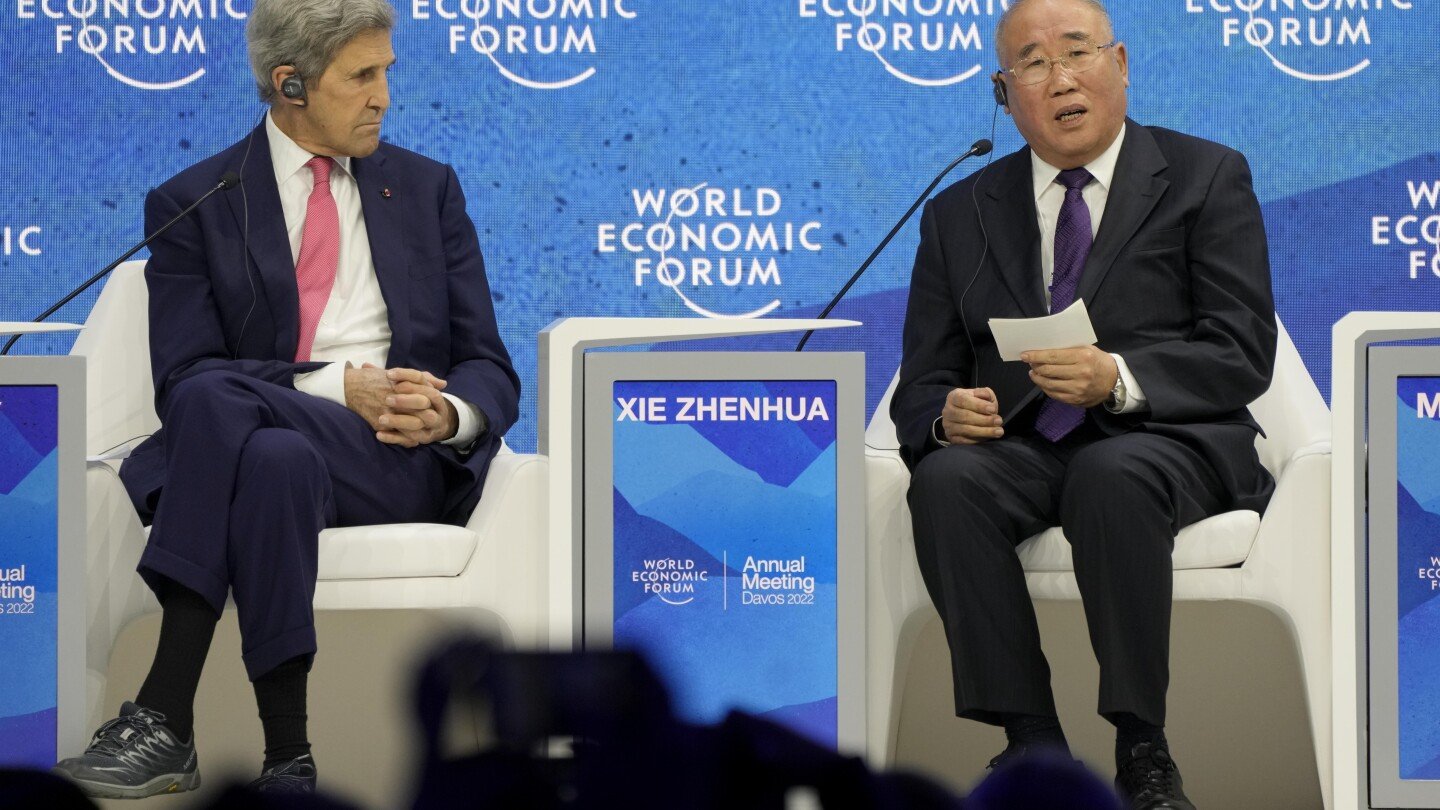

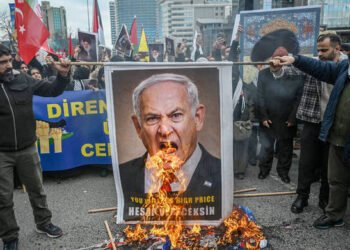

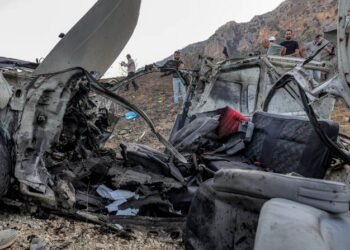
 United Arab Emirates Dirham Exchange Rate
United Arab Emirates Dirham Exchange Rate